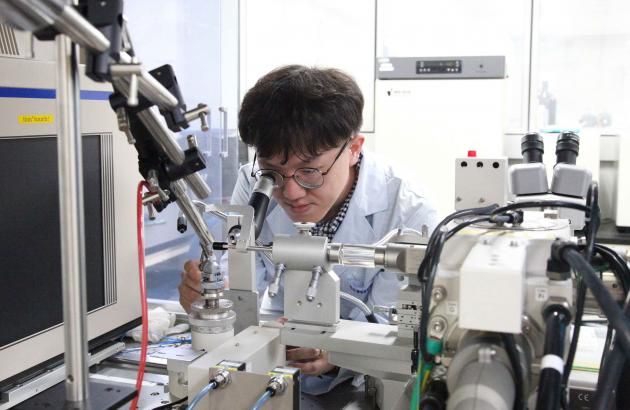Korean researchers have identified a new mechanism of action for cancer-inducing proteins generated from the human papillomavirus (HPV), which causes cervical, head and neck cancers by combining with human cancer suppressor proteins.

According to the Korea Research Institute of Bioscience and Technology (KRIBB), the team, led by Professors Kim Seung-jun, Ku Bon-su, and Lee Eun-woo, found that the cancer-causing protein E7, produced by HPV, is directly bound to cause human cancer suppressor proteins, forming a protein complex.
The team also managed to identify the high-resolution tertiary structure of the protein complex.
Also, the researchers confirmed that the inhibition of protein complex formation in normal epithelial and cervical cancer cells significantly inhibited cancer-related properties by degrading cancer suppressor protein, blocking cell differentiation, proliferating aberrant cell and increasing mobility.
"The research results reveal the principle of new cancer induction caused by HPV and suggest new targets for the development of cancer treatments," Professor Kim said. "The newly discovered inhibition of protein complex formation is expected to contribute significantly to the development of cancer therapies, which can effectively inhibit cervical cancer cell mutations and abnormal proliferation."
HPV is a representative cancer-causing virus and is directly linked to 98 percent of cervical cancers and 7 percent of head and neck cancers. Although pharmaceutical companies have managed to develop vaccines against the virus, there are no therapeutic agents that can cure the virus.

